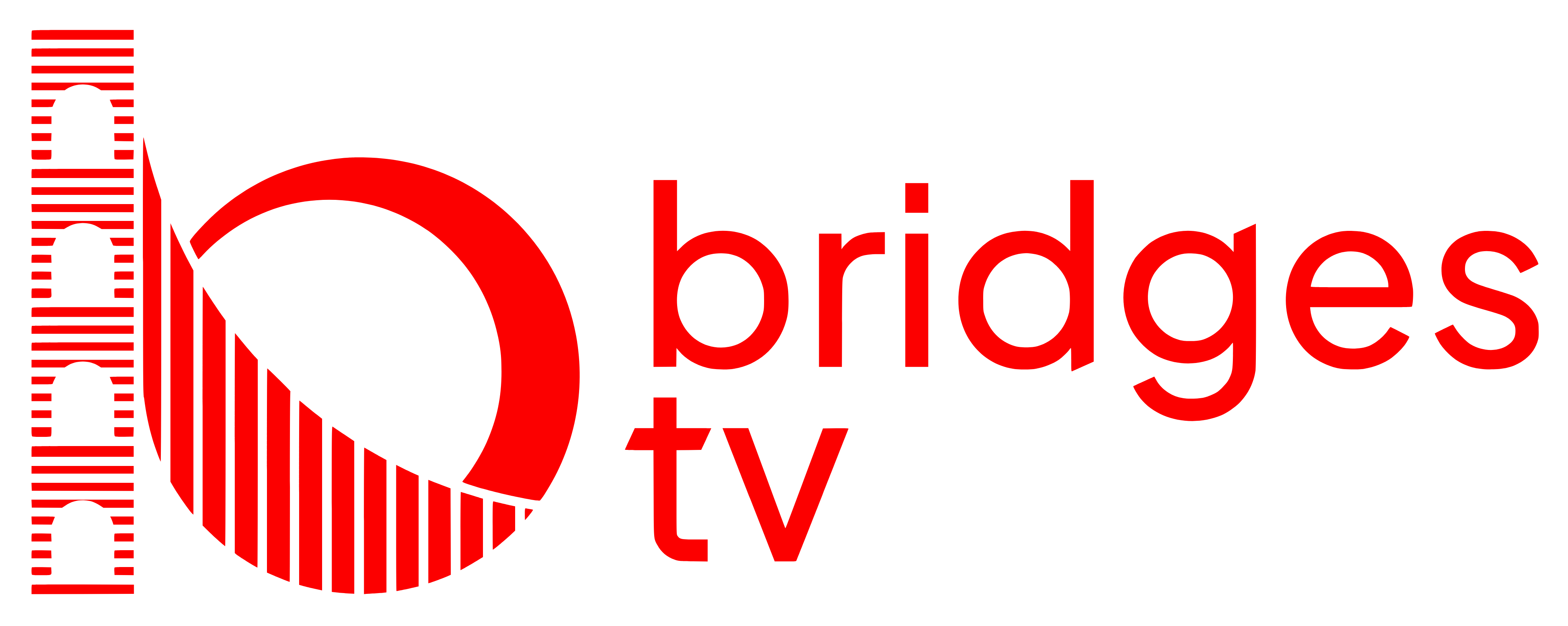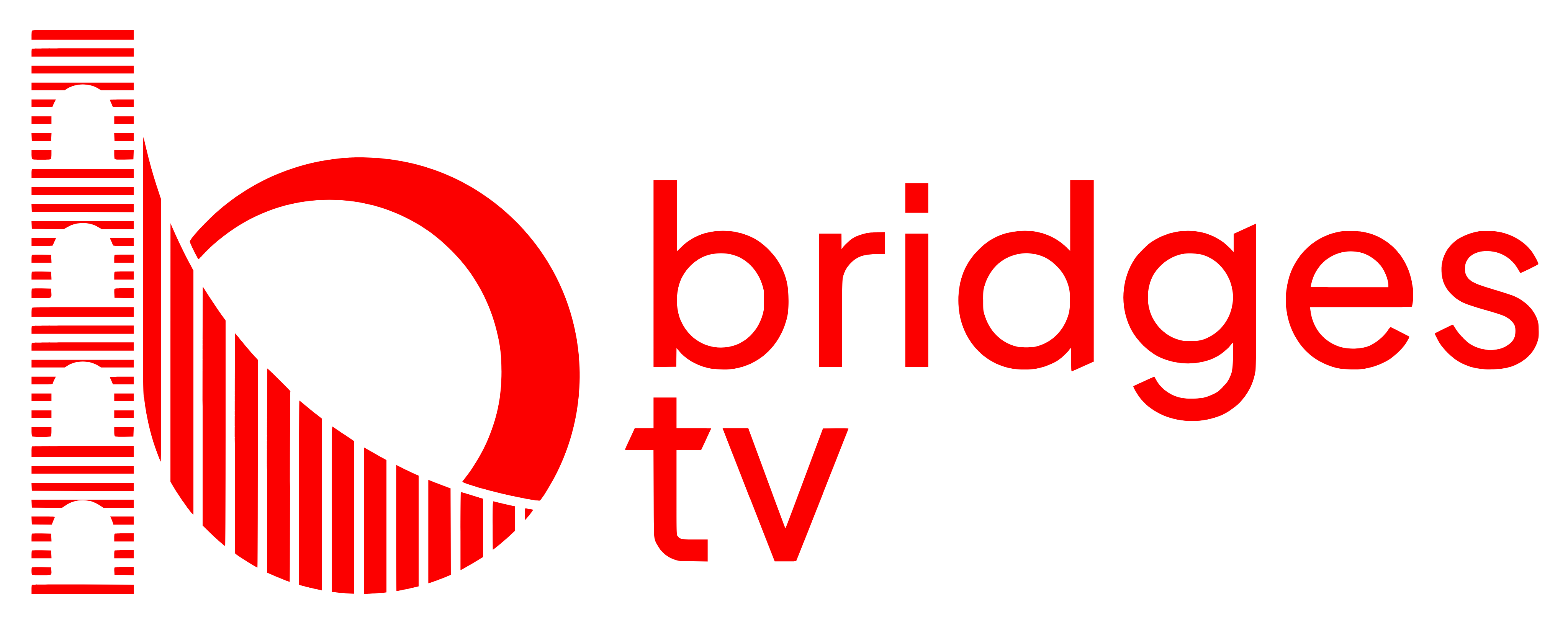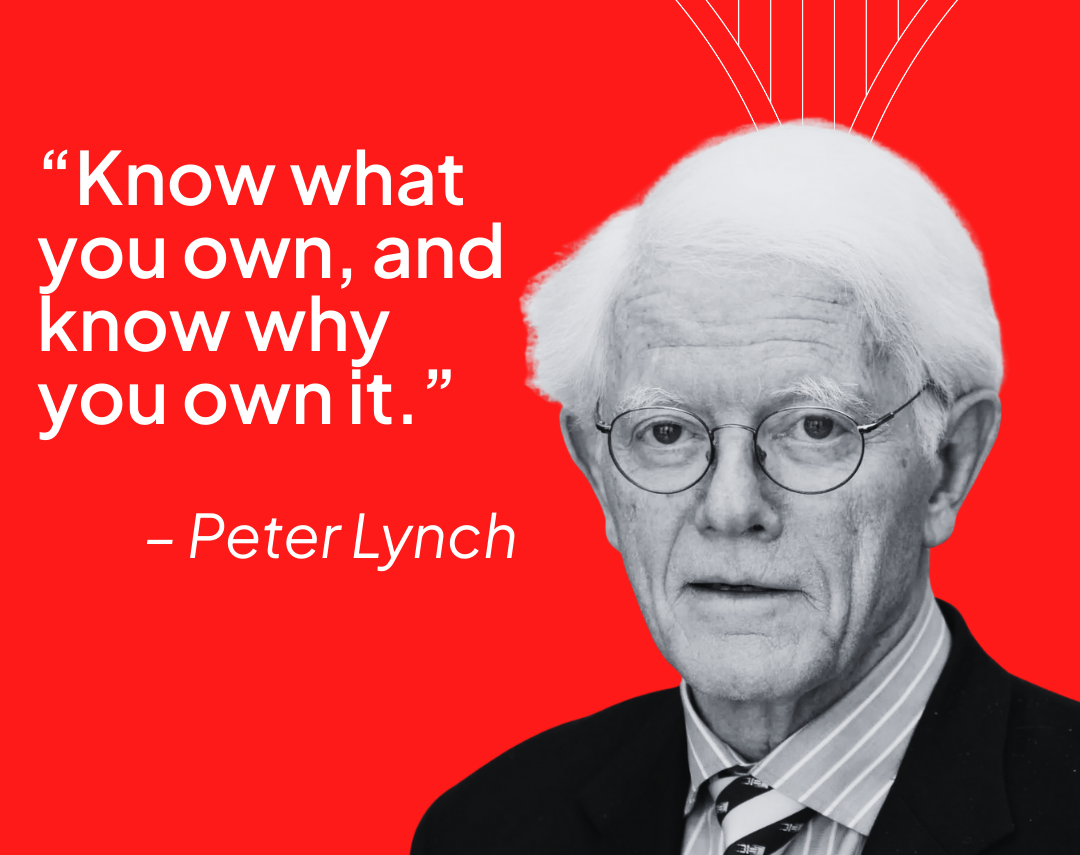Peter Lynch is best remembered as the man who managed Fidelity’s Magellan Fund during the late 1970s and 1980s, a period when it became the world’s top-performing mutual fund. Year after year, he delivered returns that most professionals could only dream about. Yet what made him stand out was not only his record but his ability to explain investing in plain language. He convinced people that careful thought and everyday observation could be just as powerful as Wall Street expertise.
“Know what you own, and know why you own it.”
The Thinking Behind the Quote
When Lynch told investors to know what they own and why they own it, he was warning against buying stocks blindly. Too often, people bought shares simply because prices were rising or because friends and neighbors were talking about them. Lynch believed that unless you understood what a company produces, how it earns money, and what might drive its growth, then you were not really investing at all. Having a clear reason for holding a stock gave investors the confidence to stay calm when markets became unsettled.
Lessons for the Financial World
At first glance, the message sounds simple, but it touches on the foundation of investing. Markets are full of noise. News cycles change rapidly, prices fluctuate, and emotions often influence trading decisions. Lynch’s view was that none of these matters if you truly understand the businesses you invest in. He even argued that ordinary people had an advantage: they encounter good companies in their daily routines. Noticing which shops are crowded, which products people keep buying, or which brands steadily grow can all be early signs of a strong investment.
Why It Matters Now
Today, his message may be more relevant than ever. Investors are surrounded by complicated financial products, short-lived trends, and a constant flow of information. From social-media-driven stock frenzies to the latest cryptocurrency or technology fund, the urge to follow the crowd is everywhere. Lynch’s words remind us to slow down and ask basic questions. What does this company actually do? How is it making money? Why do I believe it has a future?
If you cannot answer those questions, maybe it does not belong to your portfolio. That was Peter Lynch’s strength: cutting through the noise and reminding people that investing should rest on knowledge, patience, and conviction. Decades later, the clarity of his advice still holds up.








